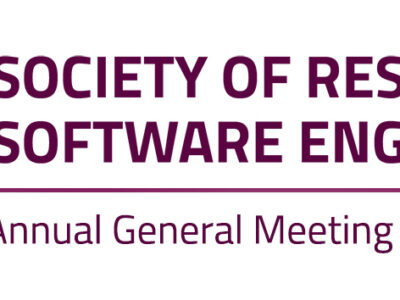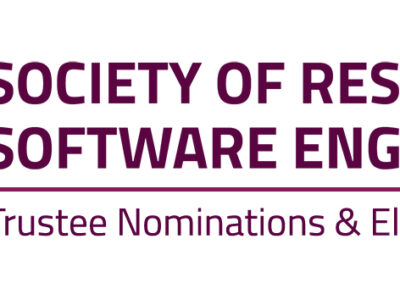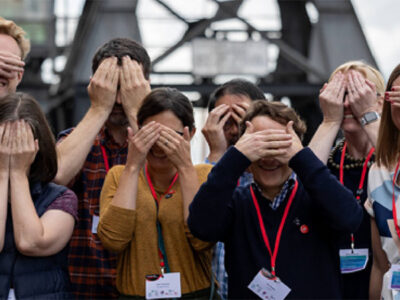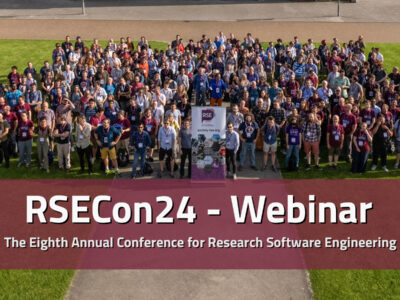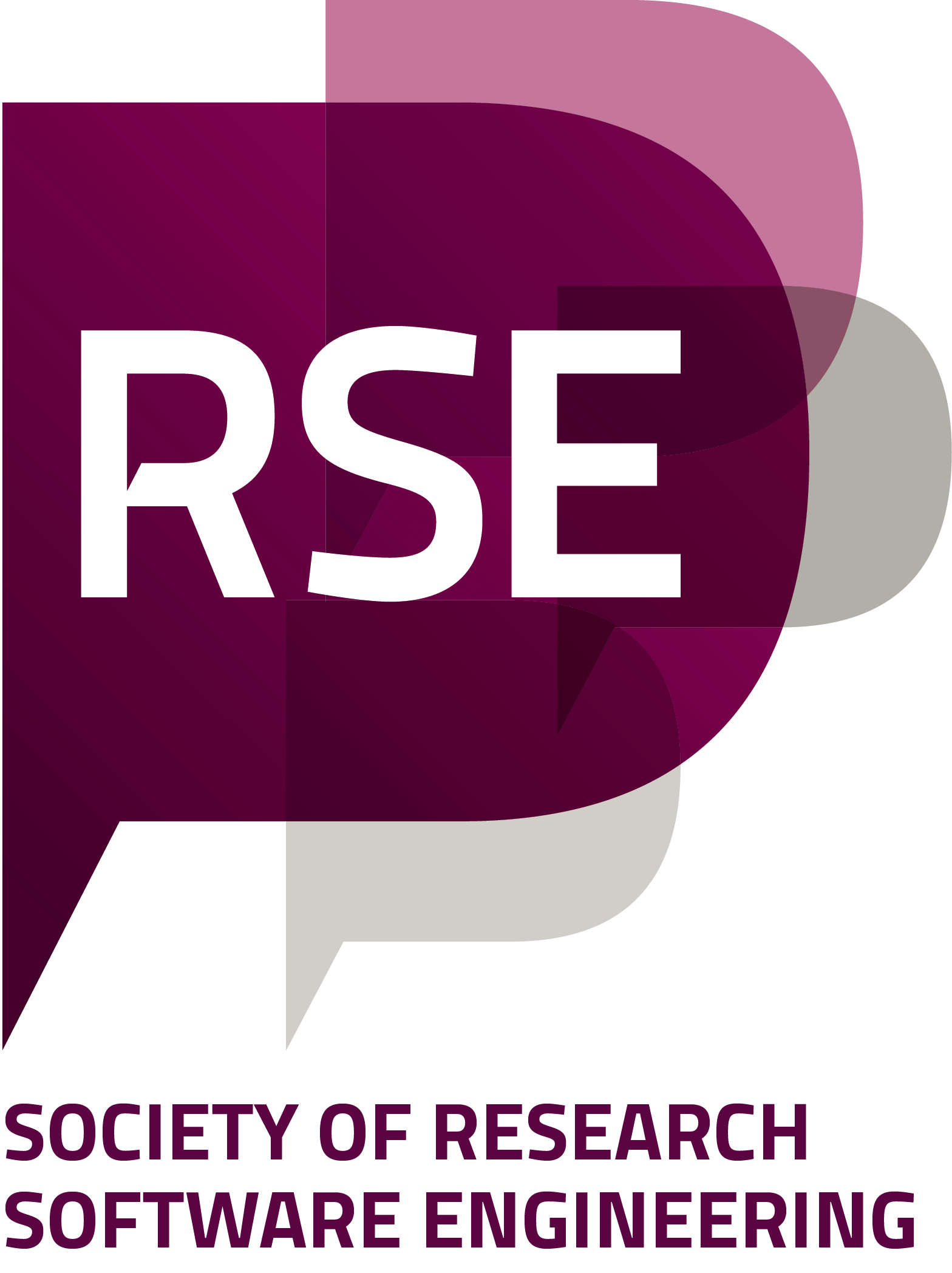
2023 Trustee Nominations and Elections
SocRSE wants you, your ideas and your enthusiasm! The fifth election of trustees of the Society of Research Software Engineering will be taking place this September, along with our Annual General Meeting (AGM). We want you to take part and shape the society for the better, please nominate yourself.
Trustee Candidate Nominations
Nominations are open from now (Friday 14th July) until 23:59 BST, Friday 4th August, with members voting at the AGM. This year we are recruiting 5-7 new trustees. Results will be announced at our AGM, as the new trustees take up their positions and the retiring trustees stand down.
What do trustees do?
Trustees are the lifeblood of the Society, promoting Research Software Engineering on the global stage and shaping the society to reflect the needs of its members. Get involved and drive a number of activities, such as the annual conference and events; communications and publicity; equality, diversity, inclusion and accessibility; finance; web and infrastructure; membership and much more.
Trustees take responsibility for particular area(s) in order to increase accountability and help ensure that the workload of managing the Society is divided fairly. These roles are listed on the governance page of our website, with details of each role on the role descriptions page.
16:00 BST, Wednesday 26 July there will be a community Q&A session where you can find out more and ask questions. A FAQ is forthcoming.
What is required to be a trustee?
Trustee meetings are held online, and you will also need to have time between meetings to prepare, contribute to online discussions and decisions and work on Society projects or activities. This time is either volunteered by the trustee or paid for by their employer, though the Society has an expenses policy e.g. for travel. The minimum time commitment with which useful work can be done is two days per month. As one third of the trustees change each year, new trustees will be able to rely on the established board members during their first year and there is an extensive onboarding process.
Trustees have a legal responsibility to run the charity and plan and oversee its activities for the public benefit and in line with its aims and constitution. This is described in this Charity Commission guidance (see section 2 for a summary) and is to ensure the Society’s money, people, and name go towards supporting its charitable purpose of advancing education and promoting advanced research.
The most important characteristic we are looking for is enthusiasm and commitment to work with the RSE community to make things happen to further the aims of the Society. We do not limit trusteeship to only those who are established and well-known members of the community. We welcome all and endeavour to make the society more diverse. In return for your commitment and contributions, you will have many opportunities to develop your skills, meet and influence people, raise your profile as a leader in the community and make a real difference to research and to society.
How do I stand for election?
You must be a member of the Society before you nominate yourself for election. If you’re not yet a member, see our membership page for details of how to join.
You will be asked to supply the email address of two other Society members who support your nomination – please get their permission first. The final section of the form is your pitch to the Society’s membership. We ask you to comment on:
- Why do you want to be a trustee of the Society?
- What can you bring to the role of trustee that would be useful in running the Society?
- What do you want to get out of acting as a trustee for the Society?
After nominations close, information about candidates will then be published on our website. All Society members will be eligible to vote at the AGM.
The Elections Working Group is: David Beavan (chair), Evelina Gabasova, Martin O’Reilly and Matt Williams. Email [email protected] for any questions and/or comments.

